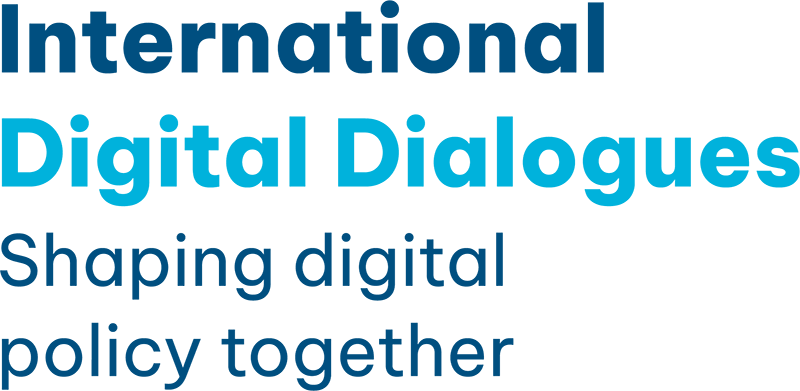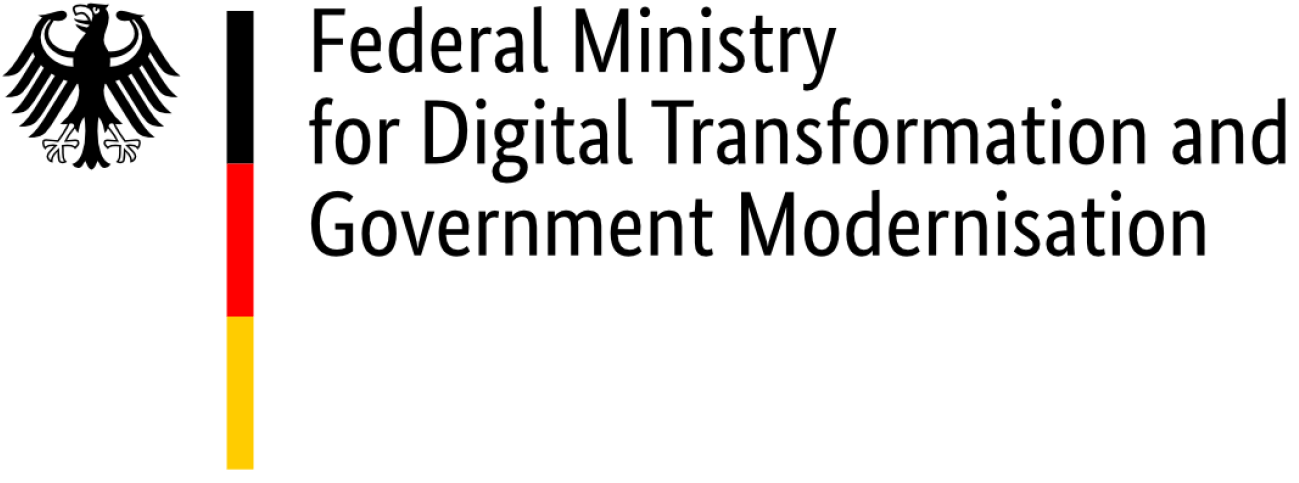IGF 2022: Workshop on global AI governance for sustainable development
General

The workshop was co-hosted by the German Ministry for Digital and Transport (BMDV) and the Brazilian Ministry of Science, Technology and Innovation (MCTI). Both ministries are partners in the German-Brazilian Digital Dialogue. They invited high-level experts from Kenya, India, Mexico, Germany and Brazil to discuss how global AI governance can promote sustainable development.
Around 100 people participated in the workshop online as well as on site in Addis Ababa, Ethiopia.
Points of contact between AI and sustainable development
The experts started the workshop by sharing opening statements and highlighted aspects that they consider particularly important. These statements already showed the complexity of the nexus of AI and sustainable development.
Urvashi Aneja (Founding Director of Digital Futures Lab, India) emphasised that the whole life cycle of AI should be considered when discussing AI governance for sustainable development. Aneja argued that labour conditions for building AI and energy consumption of AI are crucial aspects which should be addressed in governance frameworks.
Ledénika Mackensie Méndez González (Executive Director for Digital Inclusion at the Secretariat for Communications and Transport of Mexico City) highlighted the potential of AI for public sector innovation. At the same time, she urged governments to assure that AI applications are ethical and respect human rights.
Kim Dressendörfer (Technical Solution Leader Data & AI at IBM, Germany) more optimistically stated that AI is an opportunity to create something new and better. According to her, AI governance has multiple layers and should involve the developers who must consider the ethical implications of their products.
Secretary José Gontijo (Ministry of Science, Technology and Innovation (MCTI), Brazil) emphasised that the government, private sector, academia and civil society should jointly and transparently discuss the applicability of AI. He pointed to the great potential of AI, e.g., in agribusiness, disaster prediction or public security – but also sees the need to reduce the gap between the Global South and the Global North regarding the development and usage of AI.
Building blocks for a sensible and meaningful regulation of AI
The experts then discussed the building blocks for AI regulations that promote sustainable development. According to Méndez González, a public policy for sustainable AI should be human centric and intersectional. She stressed that including marginalised groups in the AI ethical debate is key to reducing inequalities. Gontijo highlighted the importance of multi-stakeholder approaches to generate a resilient AI governance.
Dressendörfer is convinced that every company has the duty to contribute to an AI governance that promotes sustainable development. She advocates for transparently describing the algorithms behind AI applications. This allows for meaningful discussions on ethics and human centricity. Aneja underlined the advanced knowledge on AI of the private sector compared to the public sector. This could lead to a high influence of tech companies on governmental frameworks.

Perception of the role of AI for sustainable development
The audience also engaged in the discussion through a survey. They were asked what they associate with the term “AI governance”, in which areas they see the greatest potential for AI to contribute to sustainable development, if they expect AI to have rather positive or rather negative impacts on sustainable development, and what risks they associate with AI.
Even though most of the audience expects rather positive effects of AI on sustainable development, they also associate negative aspects such as cybersecurity threats, surveillance and risk of unemployment with AI. Still, most of the audience perceived AI as promising to enhance global productivity and economic growth.
Dressendörfer reacted to the fear that AI will replace humans in labour markets. According to her, AI will rather support humans to focus on complex assignments while taking over repetitive tasks. Aneja found it interesting that the audience associated AI with economic growth even though many people do not even have access to the internet – there still is a big gap between the theoretical potential of AI and the reality. Davis Adieno (Director of Programs at the Global Partnership for Sustainable Development Data, Kenya) agreed that AI seems rather detached from reality. He stated that, in order for AI to be an enabler for sustainable development, it needs to be a solution for the needs of daily life of all.
Conclusions
In the discussion, the experts stressed the importance of an inclusive and transparent multi-stakeholder approach in defining global framework conditions for AI. This makes AI policies and regulations resilient against changing political interests and is essential for building trust in AI applications.
AI governance approaches should acknowledge the different realities in the Global South and Global North with regards to digital inclusion. The voice of the Global South must be heard to significantly decrease global digital inequalities. In addition, datasets that are used to train AI applications need to also include data from developing countries if they aim to provide solutions to global problems.
There is a need for AI governance structures that actively promote sustainable development and consider different aspects of sustainability. The labour conditions for the production of AI as well as its CO2 footprint and environmental impact should not be ignored in holistic approaches.
The results of the workshop will be included into the framework of the International Digital Dialogues between Germany and partner countries such as Brazil, Mexico and India.
More interesting news

General
Strengthening the economy, deepening partnerships: Exchange with the German business community
The German Federal Ministry for Digital Transformation and Government Modernisation (BMDS) and the European Commission hosted a joint event in Berlin on 28 November 2025. The event offered representatives of German and European companies as well as industry associations the opportunity to learn more about the EU's Tech Business Offer and the International Digital Dialogues pursued by BMDS. Both instruments are important platforms for supporting digital economy cooperation projects and strengthening dialogue on key digital policy issues with international partners.

General
Satellite event at the AsiaBerlin summit 2025: Insights on the EU Tech Business Offer
On 27 November, the German Federal Ministry for Digitalisation and Government Modernisation (BMDS) hosted a satellite event at the AsiaBerlin summit for Asian companies. The event, for the first time ever, gave attendees the chance to ask questions directly to the European Commission on the recently launched EU Tech Business Offer. It also equipped the guests with practical information on the opportunities provided through the EU Tech Business Offer and the International Digital Dialogues.
Read more … Satellite event at the AsiaBerlin summit 2025: Insights on the EU Tech Business Offer

General
Stakeholder Consultation 2025 for the International Digital Dialogues
Less than two weeks after the German Bundestag elections, the Federal Ministry for Digital and Transport (BMDV) hosted a stakeholder consultation for the International Digital Dialogues. With this instrument, BMDV proactively seeks feedback and input for its exchanges with partner governments of the Digital Dialogues as well as for the ongoing discussions that will shape the new German government’s digital policy agenda.
Read more … Stakeholder Consultation 2025 for the International Digital Dialogues
Newsletter
Stay informed! To subscribe to the Digital Dialogues newsletter, enter your e-mail address here. Please also refer to our privacy notice.


